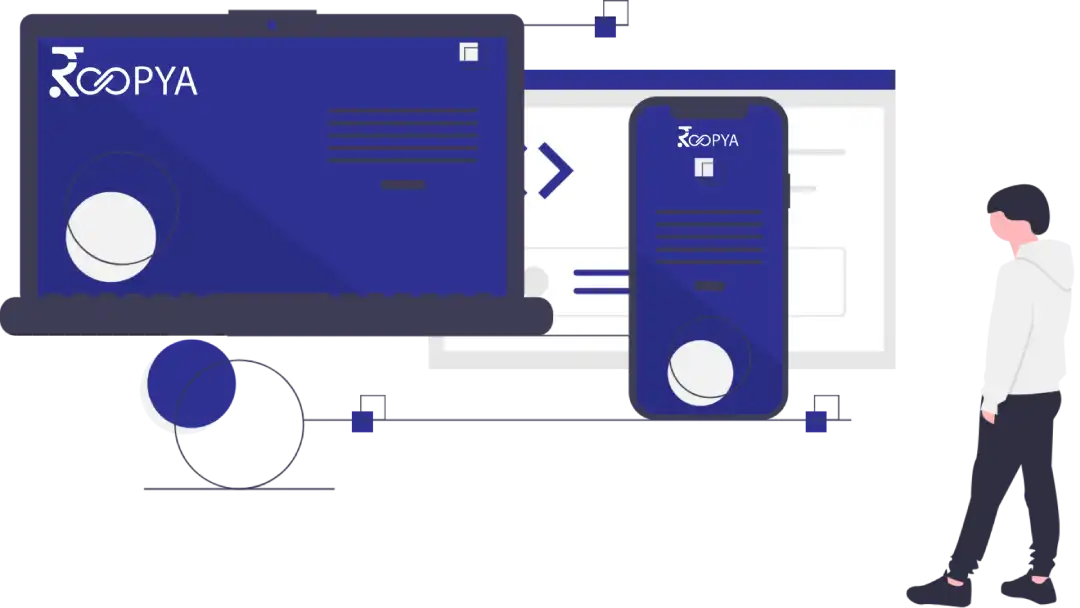Best Loan Software

What is a Loan Software?
A Loan software is a digital platform designed to streamline and automate the entire loan lifecycle for lenders of all types. It offers a comprehensive suite of features to manage various aspects of the lending process, regardless of the specific loan product (e.g., mortgage, personal, auto, business). Here’s a breakdown of its functionalities relevant for all types of lenders:
Start Free Trial
Core functionalities:
- Loan origination: Streamlines the application process, including online applications, document collection, borrower verification, and credit assessment.
- Loan underwriting: Automates tasks like assessing eligibility, determining interest rates, and setting loan terms, making the process faster and more efficient.
- Loan approval and decision-making: Provides data-driven insights and facilitates informed decision-making regarding loan approvals and rejections.
- Loan servicing: Manages ongoing loan activities, such as collecting payments, tracking loan performance, generating reports, and sending communication to borrowers.
Document management: Enables secure storage, organization, and retrieval of loan-related documents for easy access and reference.
